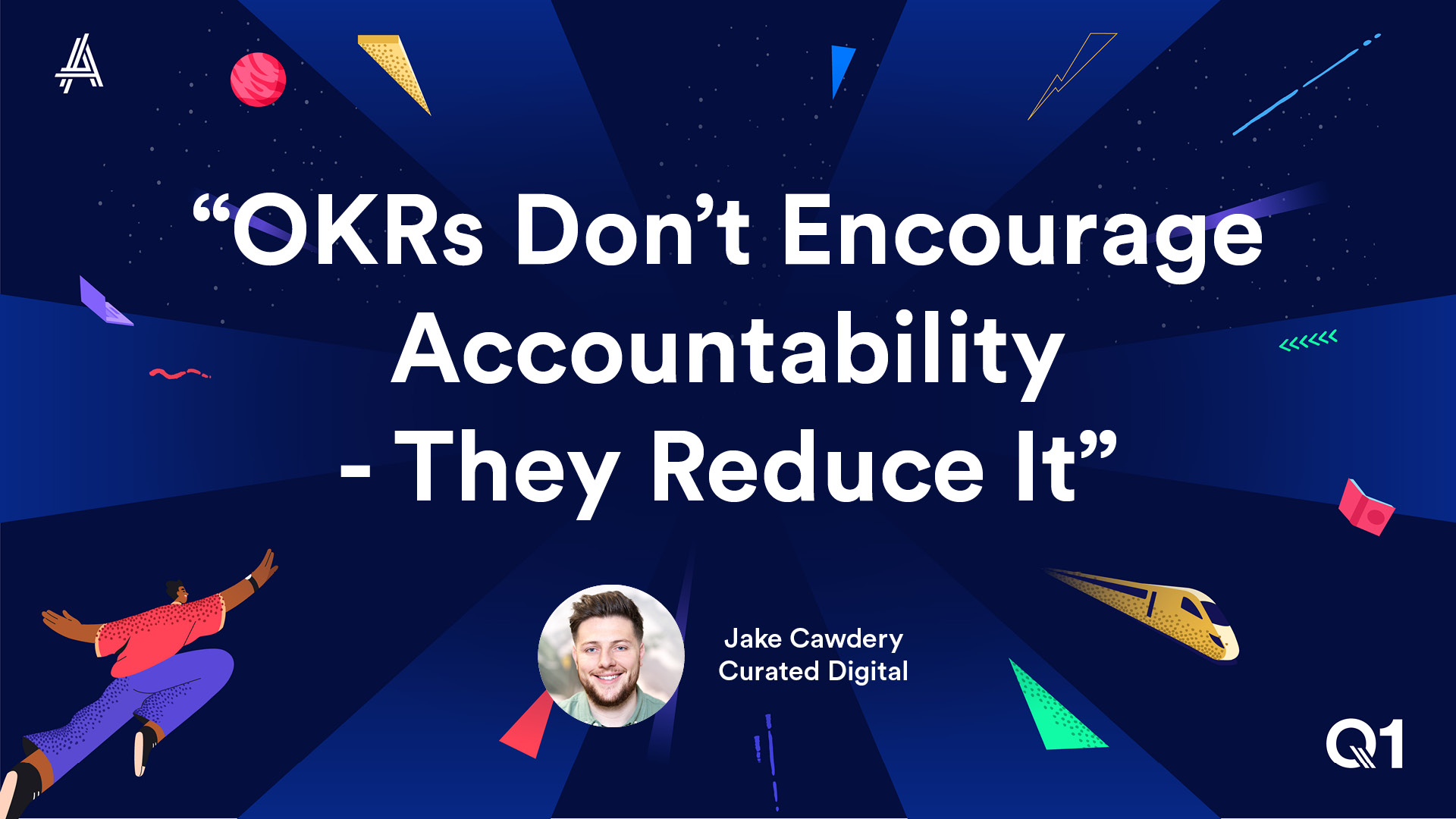• “It got to the point were OKRs just became OK,” says Jake Cawdery, MD of agency Curated.
• In this session, Jake shares his experience of dealing with OKRs, and explains why his agency has ditched them in favour of something more measurable.
• Come along to hear a new perspective on this popular strategy – could you be using something better?

Jake Cawdery could tell his agency, Curated, was lacking in direction.
They had no tangible ways to track the business’ progress internally, which made it difficult for them to plan ahead.
“We were in a position where the business really needed to grow, and without having some objectives to refer back to, we couldn’t actualise our ambitions,” Jake says.
Curated’s founder – who also happens to be an ex-Google rep – suggested OKRs (Objectives and Key Results) as a solution, so the company implemented them back in 2020.
“The main reason was to have a management strategy for goal setting,” Jake says. “But ours were also used to make sure that everyone in the team knew exactly what was expected of them, and where they should be focusing their time.”
At first, all was fine. But then it became clear that they weren’t working as intended.
“OKRs are super ambitious – they’re deliberately stretch targets. But we started finding that we seemed fine with not achieving the goals that we’d set.”
“Yes, we’d made progress against them. But we hadn’t achieved all of the key results sat within those objectives. It just wasn’t hitting the levels that we’d expected of each other.”
After taking the business through EOS, Jake soon found a new way of prioritising work and maximising his team’s productivity: rocks, quarterly goals to help prioritise where to spend time.
“When we would go through the process of setting the OKRs, the amount of iterations there would be to try and make them smart was unbelievable, because they’re so ambitious. It felt quite forced,” says Jake.
“Whereas when you’re setting rocks, they’re time-bound, they’re realistic, they seem achievable to the team, and it feels like something you can really go for.”
Come along to hear a new perspective on this popular strategy – could you be using something better?
